As a kid, Chris Keune took notes on the commercials that interrupted his Saturday morning cartoons. He noticed a mismatch between many shows and the products advertised during them. Chris shared his notes with his third-grade teacher, looking for insights. “Well,” said his teacher, “it looks like someone is not doing their job.”
Today, Chris has turned his contextual marketing hobby into a career, overseeing data product and insight practices at Kargo. Kargo is a global mobile-first, editorial-led marketplace of unique multi-channel advertising and commerce opportunities for brands. The ad technology company creates and delivers ad campaigns to a large audience of smartphone users, using contextual advertising, without sacrificing brand safety or security against ad fraud.
How Kargo keeps ahead of changes in ad tech
As the ad industry moves away from third-party cookies due to privacy concerns and changing technology, many ad tech companies are scrambling to find new ways to target relevant consumers. Kargo stays ahead by prioritizing data-driven contextual advertising over the cookie approach.
Contextual advertising is nothing new. From newspaper and magazine display ads to TV and web page placements, contextual ads have matched brand messaging to relevant content for decades. But today’s advancements in big data, automation and artificial intelligence have amplified the power of contextual advertising.
With IBM Watson, Kargo can refine contextual signals within the publishers they support, compiling and clustering by customer interests, habits and challenges. Through this approach, Kargo obtains a deeper understanding of the reader, which it uses to build relevant ad experiences. These experiences help with the value exchange by bringing relevant brand messages aligned to their adjacent stories.
Context is key to relevance
Kargo’s holistic data-driven contextual advertising approach requires the company to know what each piece of content is about, and to pair it with a given brand or ad vertical. With this approach, publishers and advertisers don’t have to rely on external vendors. Kargo creates an actionable, first-party data set to inform contextual advertising decisions by analyzing publisher web page content and applying keyword targeting research, sentiment analysis and other analytical tools.
While bringing viewers more relevant ads sounds simple, at scale it requires a deep natural language understanding expertise. Natural language understanding extracts meaning and metadata from unstructured text data.
When Kargo decided to build out its AI capabilities, Chris looked at many technology partners. Based on his parameters, IBM Watson provided the most feature-rich, cost-effective solution. “IBM helped us build our base layer, our contextual advertising data set. It’s taking millions of articles and understanding the content and sentiment embedded within them.”
Kargo built tools on top of that data. With AI-equipped capabilities, the team achieves a new level of granular analysis that spans data sets. For example, analysis may show that people who read about the Olympics tend to spend on pet care, so Kargo can approach a pet food client with a contextual advertising plan to target pet owners on Olympics-related content. This behavioral advertising association isn’t the sort that a human would be able to intuit, but it’s a straightforward use case for AI.
By combining data from IBM Watson with Kargo’s own data capabilities and augmenting it with key data partnership capabilities, the company has built a new behavioral advertising solution. Cohort groups together web user data of people with similar interests to help marketers further amplify their digital marketing efforts.
“Watson was incredibly turnkey,” says Chris. “The interactive demo and their API documentation was so easy to use that we were able to run proof-of-concept the first week. It’s easy to get up and running. And we had constant communication between Watson and the engineering team.”
With Watson’s sentiment analysis capabilities, Kargo can also experiment with different types of creative assets. The team runs tests of contextual ads with different emotional content, and often finds that results can vary greatly between “serious” and “happy” tones. These tests allow Kargo to optimize creative, sometimes even doubling ad performance.
Less is more
While moving away from third-party cookies has challenged the ad tech industry, the adoption of better technology gives data-oriented innovators like Kargo opportunities to create an environment that’s less intrusive and more relevant to digital advertising audiences. And using Watson, Cohorts are matching or exceeding the performance achieved with cookies.
Looking ahead for Kargo, Chris sees a future where taxonomies are standardized, so that marketers can speak the same language as they build the future of contextual advertising. Kargo is also working on tools that provide more actionable insights on the publisher side, letting editorial outlets know what kinds of relevant content are going to attract advertisers at a more granular level.
“Great publishers and content providers do themselves a disservice by plastering their site with clickbait ads,” says Chris. “It lessens their brand equity and diminishes their value to the reader. My goal is to find new ways to add value through ad relevance: quality over quantity and making sure your ad is there at the right time with the right message.”
Learn more about using deep learning to extract meaning and metadata from unstructured text data with Natural Language Understanding.
Learn more about Kargo’s Contextual Solutions Suite.


